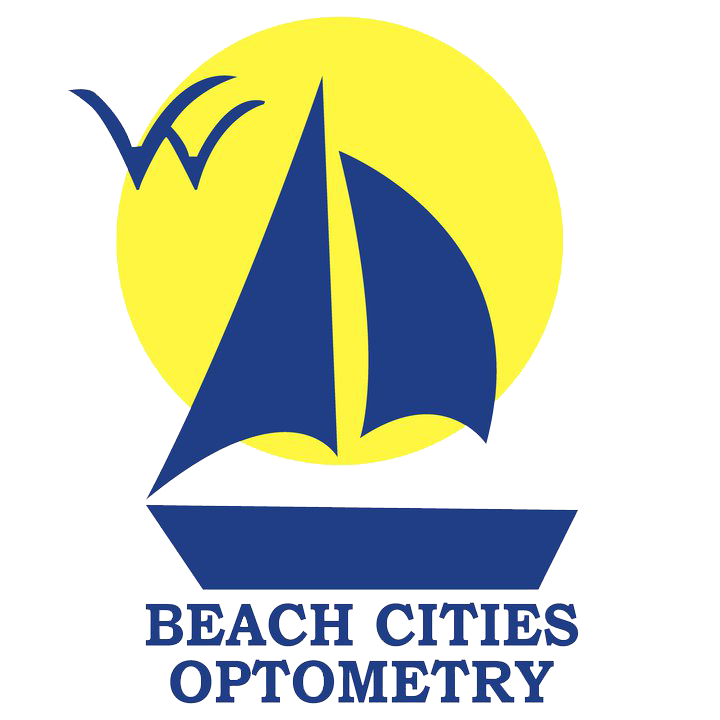
Individuals with poor eyesight often experience symptoms such as blurred or distorted vision, difficulty seeing at night, sensitivity to light, seeing halos around lights, or having trouble distinguishing colors. These symptoms can make it difficult to perform everyday tasks like reading, driving, or recognizing faces. Poor eyesight is not just an inconvenience; it can also significantly impact a person's quality of life.
Common Vision Problems
Three of the most common vision problems affecting people today are myopia, hyperopia, and presbyopia. Myopia, or nearsightedness, is a condition where objects far away appear blurry. This happens when the eye is too long or the cornea is too curved, causing light to focus in front of the retina instead of directly on it.
Hyperopia, or farsightedness, is the opposite of myopia. People with hyperopia can see distant objects clearly, but objects close up are blurry. This happens when the eye is too short or the cornea is too flat, causing light to focus behind the retina.
Presbyopia is a condition that affects almost everyone as they age. It's the gradual loss of the eye's ability to focus on close objects, and it's caused by the hardening of the lens inside the eye. Most people notice the effects of presbyopia in their 40s, when they start needing reading glasses.
Can Poor Eyesight Cause Headaches?
Can poor eyesight cause headaches? The short answer is yes, it can. When our eyes aren't functioning properly, they can cause us to strain to see clearly, and this strain can lead to headaches.
For example, if you have uncorrected myopia, hyperopia, or presbyopia, you may find yourself squinting or straining to see clearly. This constant strain can lead to tension in the muscles around the eyes and forehead, resulting in a headache. Additionally, conditions like astigmatism, which causes distorted vision, can also lead to headaches if not properly corrected.
Glaucoma, a condition characterized by increased pressure in the eye, can also cause severe eye pain and headaches. Another condition, called optic neuritis—inflammation of the optic nerve—can also cause pain and headaches when moving the eyes.
The Importance of Regular Eye Exams
Given the potential impact of poor eyesight and eye conditions on our overall health, regular eye exams are crucial. These exams allow your eye doctor to detect and correct vision problems early, reducing the risk of complications like eye strain and headaches.
During an eye exam, your eye doctor will test your visual acuity, or sharpness of vision, and examine the health of your eyes using a variety of instruments. They will also ask about any symptoms you may be experiencing, like headaches, to determine if they could be related to your vision.
Regular eye exams are particularly important for people who are at higher risk for eye conditions, such as those with a family history of eye disease, those with certain systemic conditions like diabetes, or those who are older.
Treatment Options
There are many treatment options available for vision impairment. The best treatment for you will depend on the cause and severity of your vision impairment.
For common refractive errors like myopia, hyperopia, and presbyopia, glasses or contact lenses are often the first line of treatment. These devices work by correcting the way light enters your eyes, allowing it to focus properly on the retina.
For more severe vision problems, or for those who don't want to wear glasses or contacts, corrective surgeries like LASIK or PRK may be an option. These procedures reshape the cornea to correct the way light enters the eye.
Maintaining Optimal Eye Health
Our eyesight plays a critical role in our overall health and well-being. Poor eyesight can not only make it difficult to carry out everyday tasks, but it can also lead to complications like headaches. Regular eye exams are crucial for detecting and treating vision problems early, helping to maintain good eye health and prevent complications.
If you are experiencing headaches, consult with our professionals to determine if they are caused by vision impairment. Schedule an eye exam today, visit Beach Cities Optometry in our Manhattan Beach, California, office. Call (424) 484-1100 to book an appointment today.







